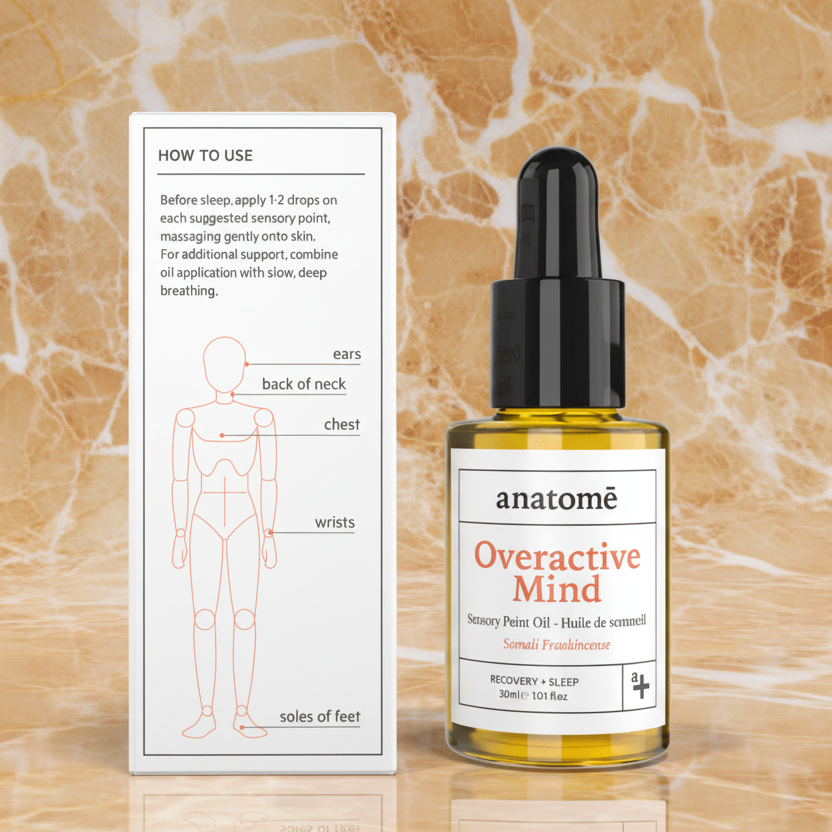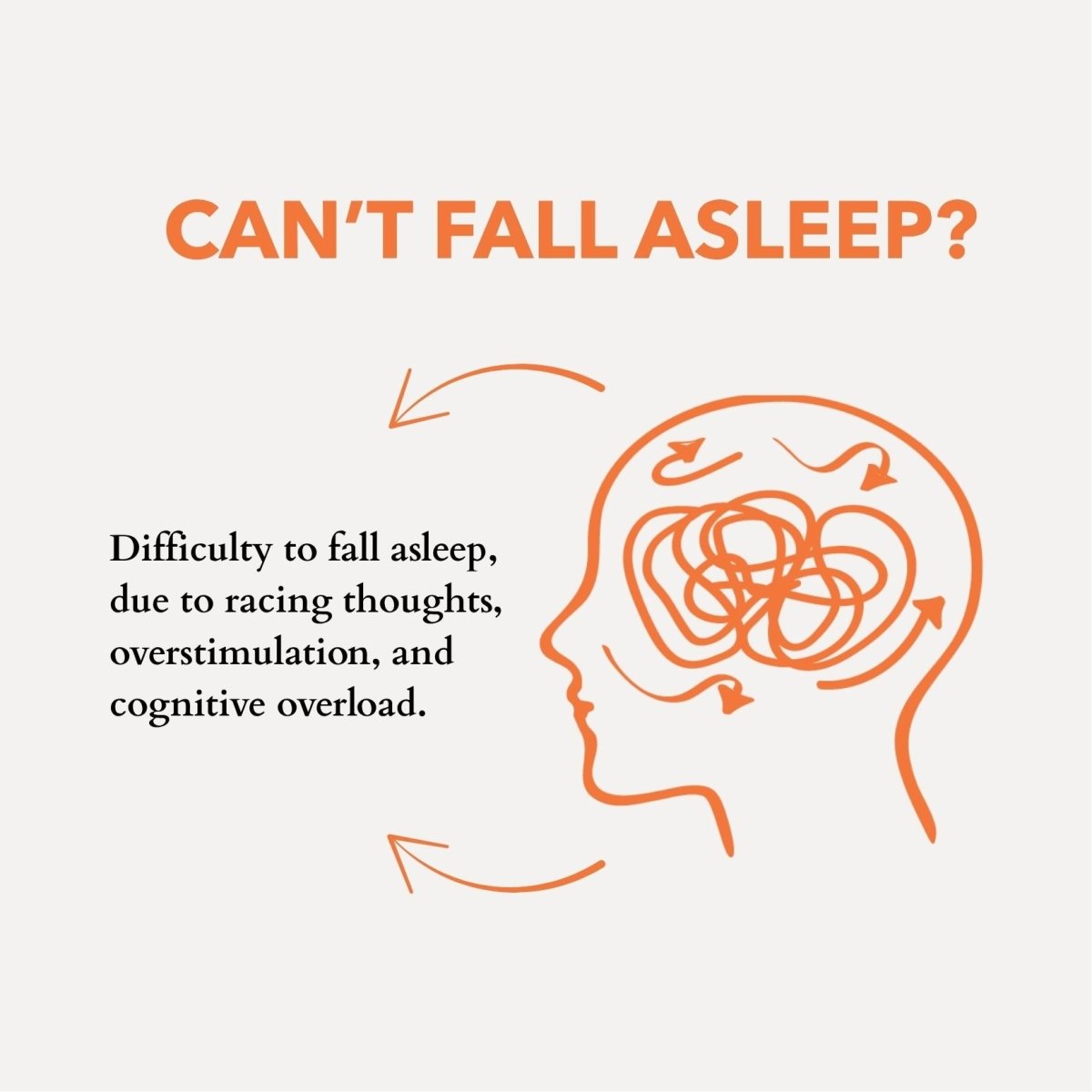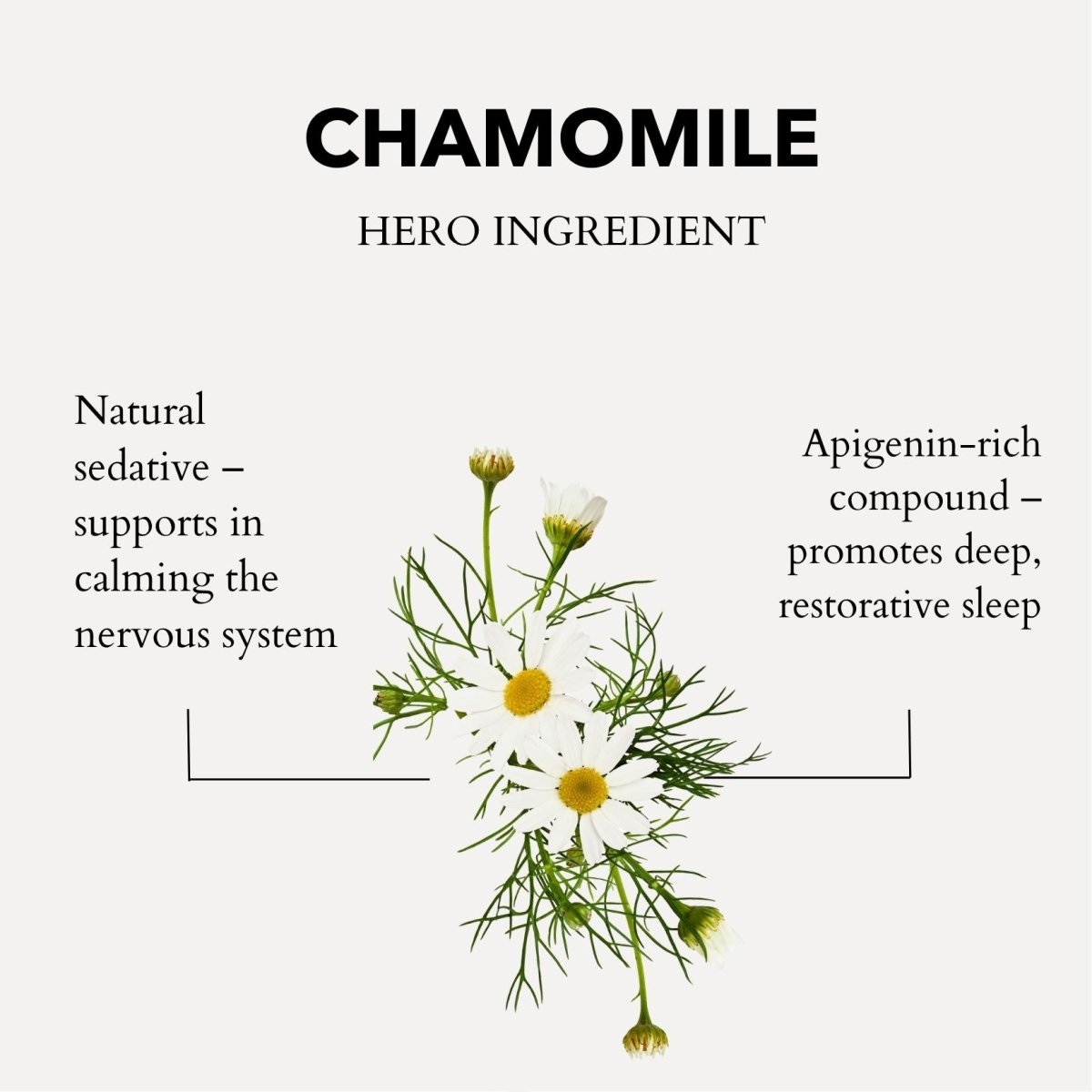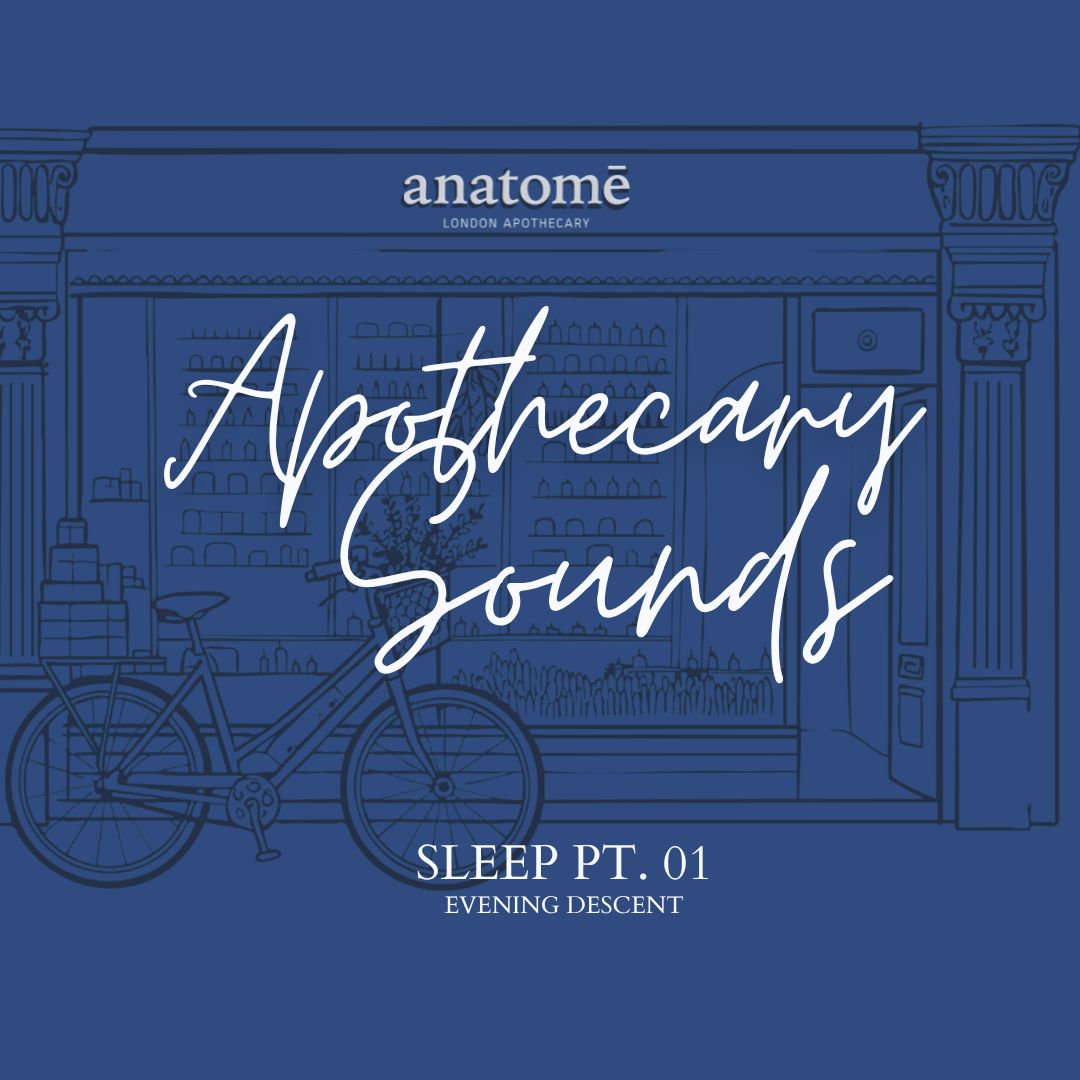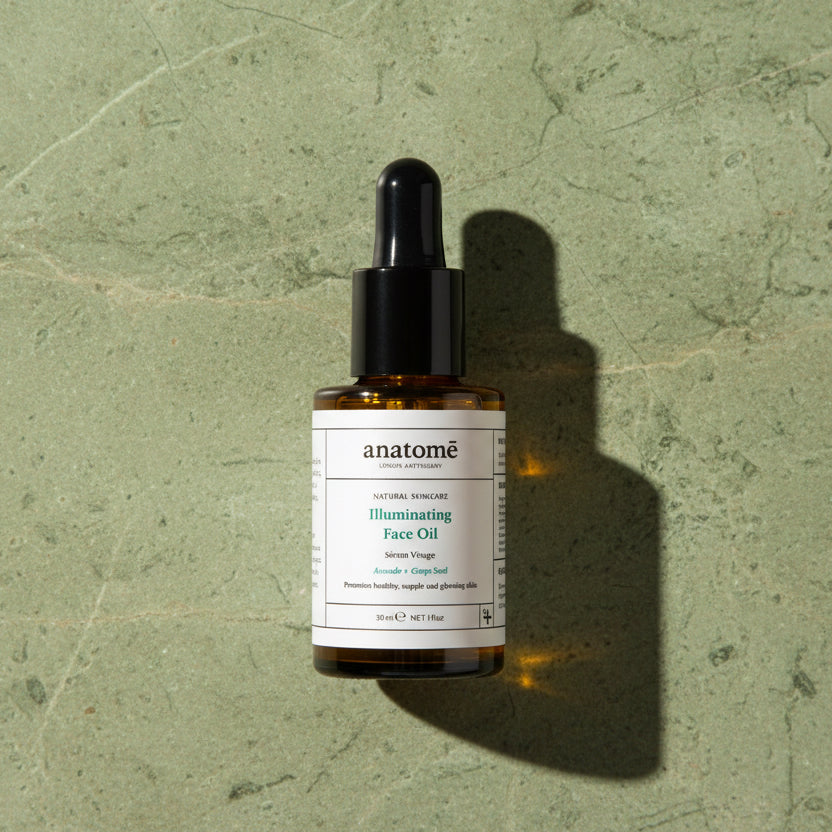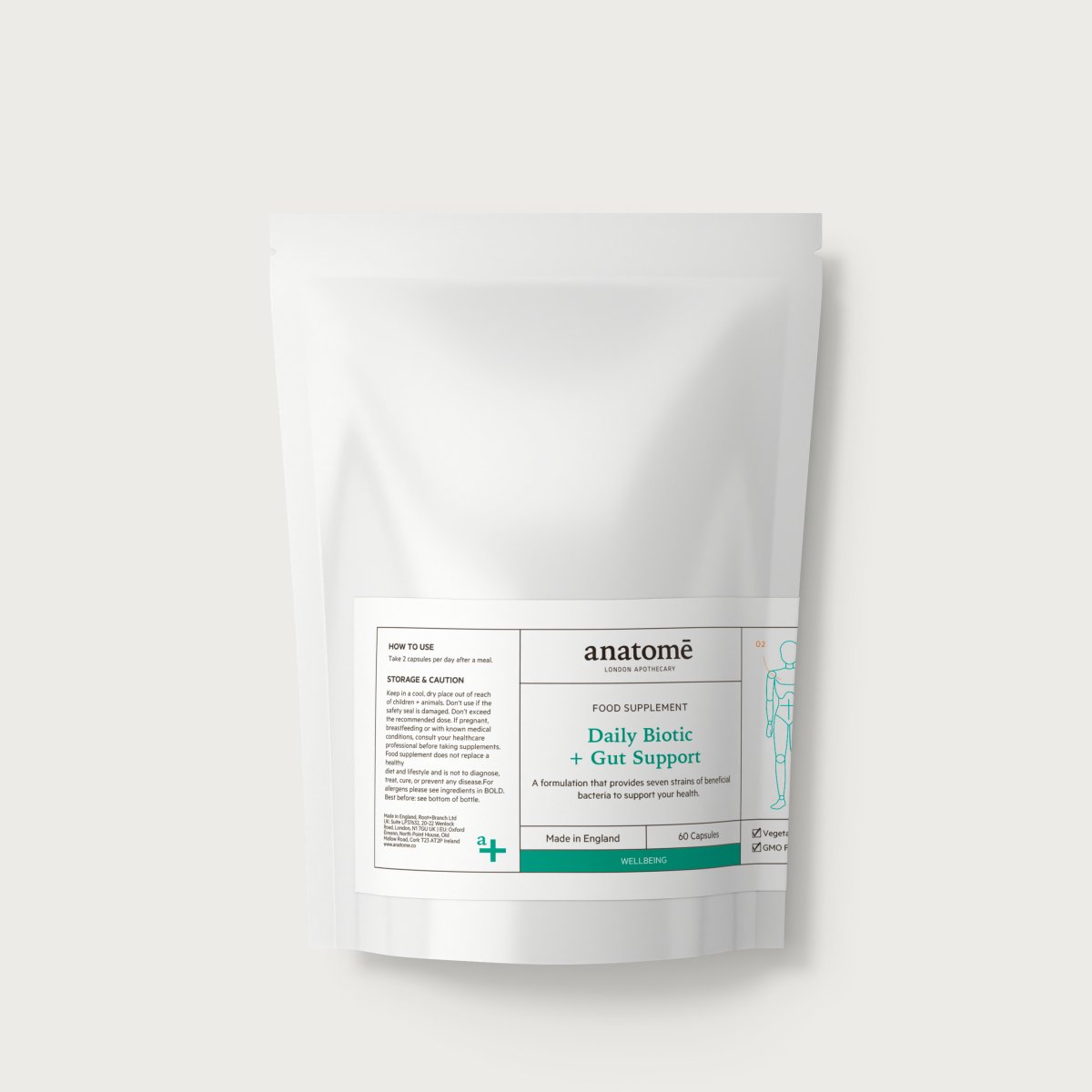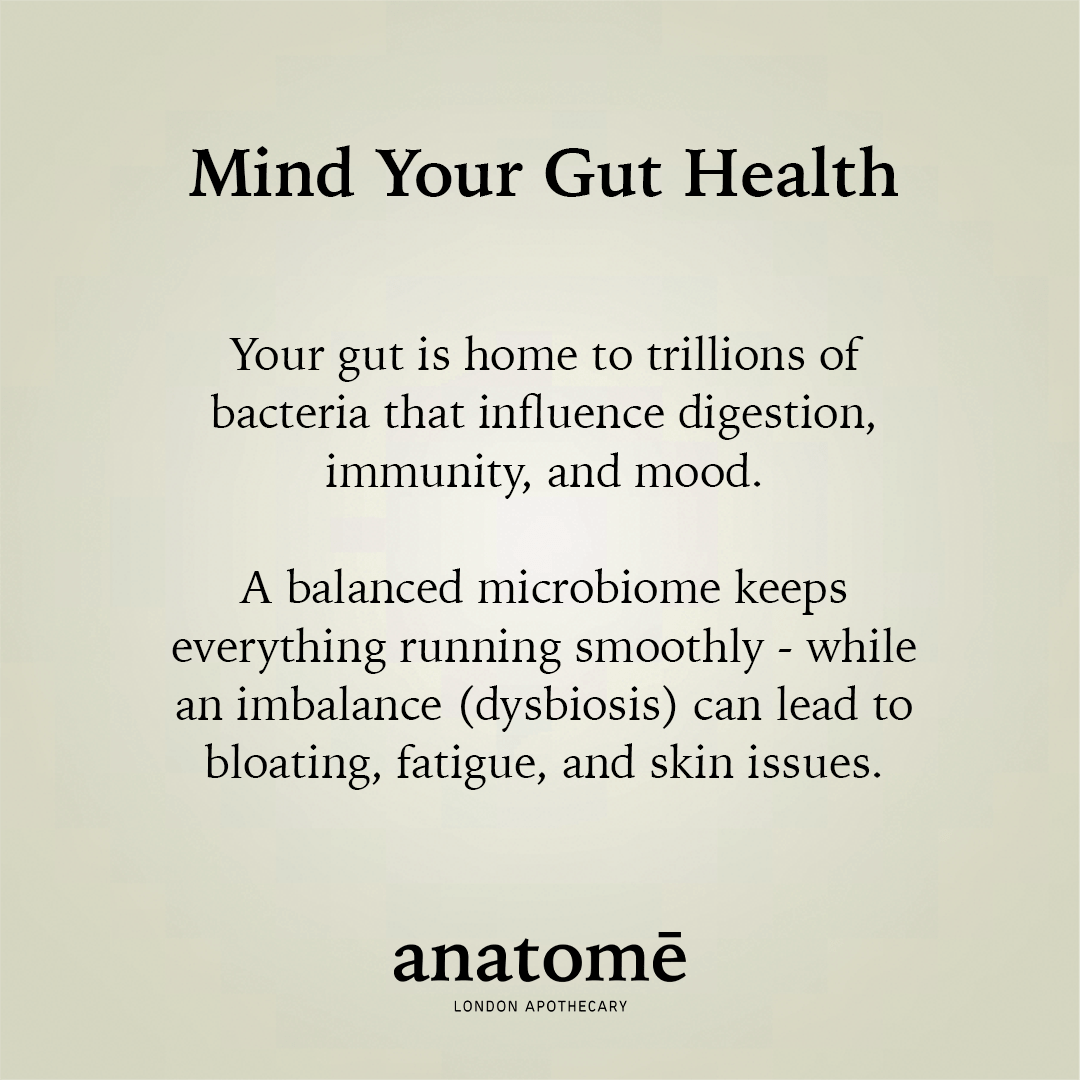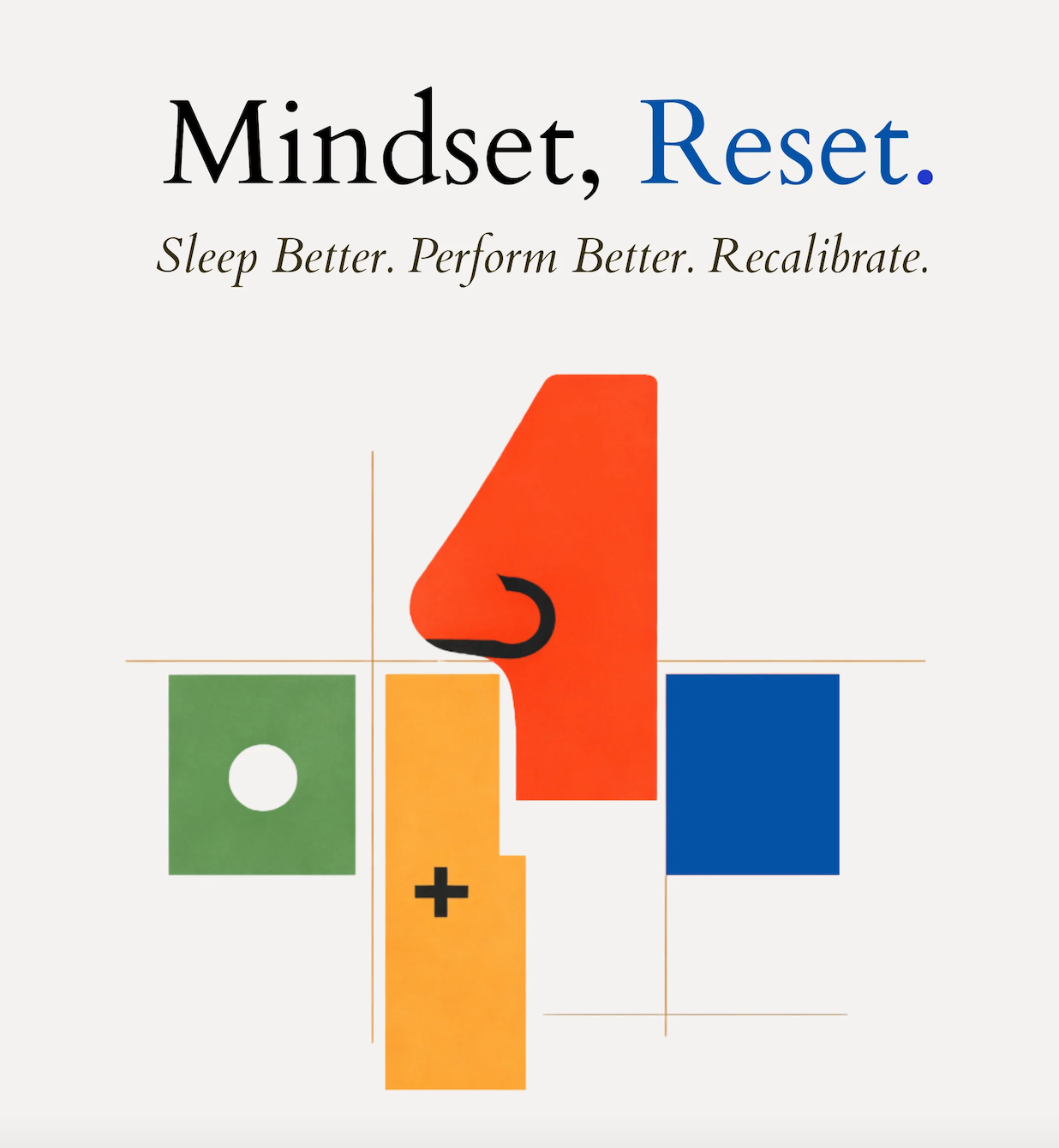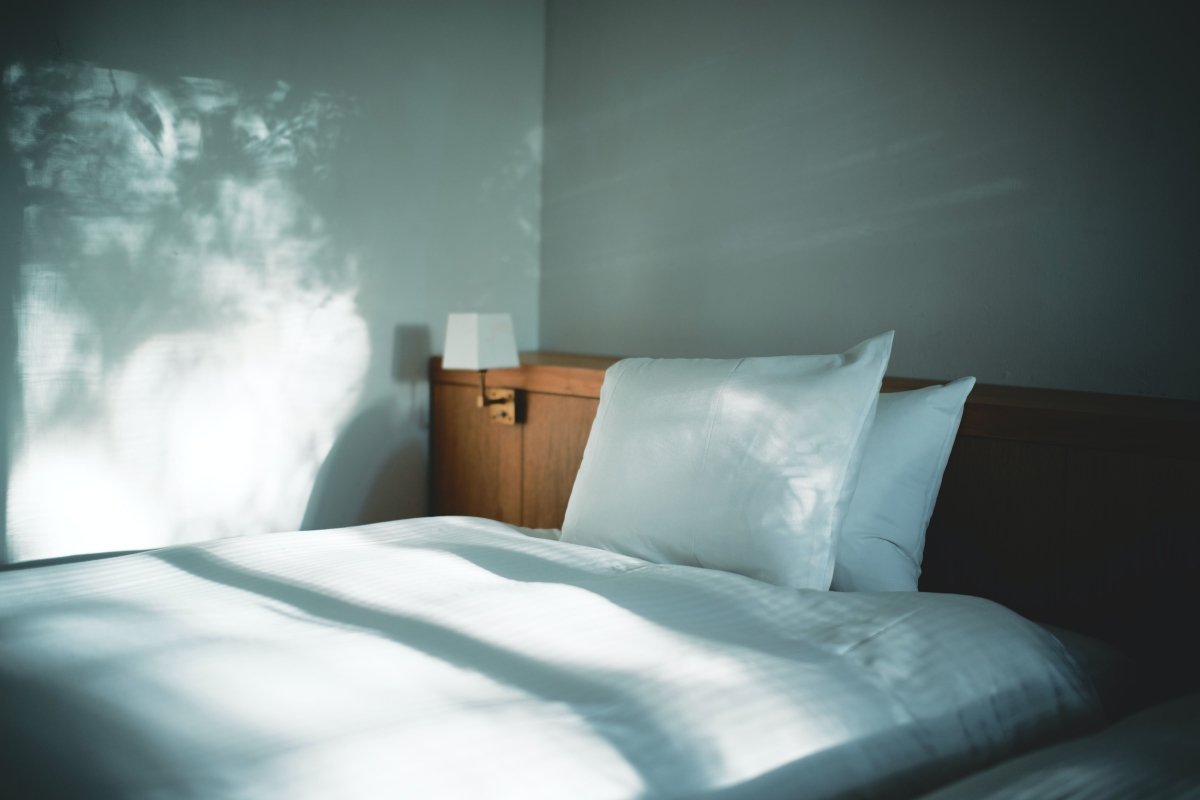Here we explore the ways that sleep and your hormones interact and how that affects the quality of your sleep.
In 2005, The National Foundation for Sleep in the United States carried out a poll that showed the adults more likely to have a difficult time falling and staying asleep and those more likely to experience daytime sleepiness a few days per week, are women (1). A review of studies on Women’s Health and Sleep found that the hormonal changes that occur during a woman’s cycle have a negative impact on sleep quality and that women are the most likely group of people to develop insomnia (2). While more research is needed to examine exactly how hormones and sleep quality are interlinked, we know that they are.
Sleep is a restorative act in which our body replenishes what we depleted throughout the day, specifically, the body replenishes our hormone levels. With healthy hormone levels, we are able to have the optimal amount of energy, our appetite is regulated, our immune system is at its peak condition, and we’re able to face challenges better. Research indicates that “hormones such as growth hormone, melatonin, cortisol, leptin, and ghrelin are closely associated with sleep and circadian rhythmicity,”(3).
Sleep and hormones go hand in hand. Without healthy sleep patterns, it can lead to negative effects on the whole body due to the influence of hormonal health. Sleep deprivation can have a number of negative effects on the body that are still being researched by scientists. We know that sleep deprivation is associated with obesity, diabetes, poor performance, impaired memory, decreased mood, can be linked with depression, a decrease in immune response and it can affect the endocrine system (3,7).
Sleep regulates a number of hormones. Ghrelin and leptin levels are maintained at their optimal levels to help balance our appetite and keep us from eating late at night. However, if we sleep less, we often wake up with the urge to eat more and to eat unhealthier (4). Also regulated while we sleep are the hormones insulin and cortisol. There is research showing that chronic sleep deprivation has a link to diabetes (5). Plus, chronic sleep deprivation means that we are less prepared for daytime stresses and our stress levels remain high for longer, making it harder to fall asleep (5). “If we get less sleep than normal our levels of prolactin may get out of balance and we can end up with a weakened immune system, difficulty concentrating and carbohydrate cravings during the day,”(4).

Not only are hormones regulated by sleep, they are often produced while we sleep and in the evening. Growth hormone is essential for repairing damage we put onto the body during waking hours. As light disappears and it gets darker, the hormone melatonin is produced, telling our body that it is time to go to sleep (4).
While everyone has this hormone regulation and production, women are more heavily affected by their hormone levels. “Just before a woman’s period, hormonal changes, including the sudden drop in levels of progesterone, affect the body’s temperature control, which in turn can reduce the amount of 'REM' sleep,”(4). These hormone changes can have a detrimental effect on the quality of sleep that women get. There is also some research that shows women are more likely to multi-task and tire their brain more, and therefore need more sleep (6).
Overall, we know that sleep and hormones are linked and that sleep is the most important thing you can do to maintain hormonal balance, repair the body, and maintain and improve your overall health. The average adult needs 7-9 hours of sleep per night and taking steps to make sure that is a part of your lifestyle will only improve your life and health.
For tips on how to sleep better and maintain a healthy lifestyle, check out some of our other articles below.
- https://www.sleepfoundation.org/articles/women-and-sleep
- https://www.ncbi.nlm.nih.gov/pmc/articles/PMC4327930/
- https://www.ncbi.nlm.nih.gov/pmc/articles/PMC4377487/
- https://www.sciencealert.com/chemical-messengers-how-hormones-help-us-sleep
- https://www.ncbi.nlm.nih.gov/pmc/articles/PMC3065172/
- https://www.sleepfoundation.org/
- http://sleepeducation.org/

